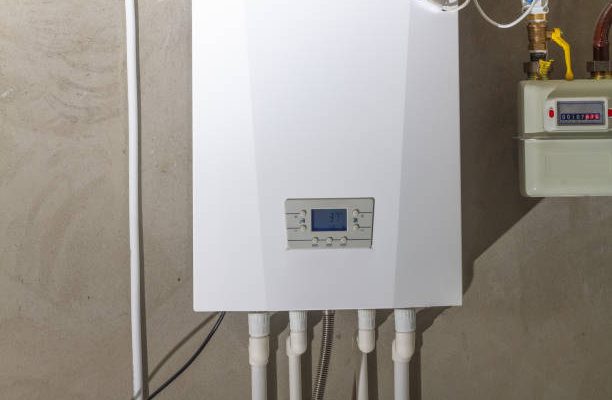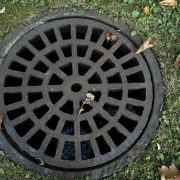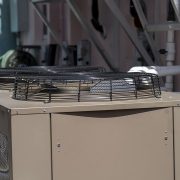Are you looking to upgrade your home’s water heater? Or, do you think that you need some help with your water tank installation and maintenance? You may also be considering the pros and cons of tank vs tankless water heaters.
Tankless water heaters are becoming increasingly popular, but is one really better than the other? The answer depends on your needs and budget. In this article, we’ll explore the differences between tank and tankless water heaters so you can make an informed decision about which type of system is right for you.
Continue reading to learn more! Afterward, you can check out the following link to learn more about residential tankless water heaters.
What is a Tank Water Heater?
A tank water heater stores hot water in a large tank. When you use your hot water tap, the hot water is already there. You don’t need to wait for the water to heat up every time you need it. The downside is that you can run out of hot water if you use a lot at once. This is because the tank can only store so much hot water at once.
What is a Tankless Water Heater?
Tankless water heaters, also referred to as “on-demand” systems, provide instant hot water when needed. They don’t require a large storage tank and they use less energy than a traditional tank system. You don’t need to be concerned about running out of hot water as long as you have a sufficient power supply for your unit.
The Pros and Cons of Tank Water Heater Units
There are several pros that come with choosing a tank water heater for your home. Some of the pros include:
- Low upfront cost
- Hot water is always available
- Easy to install
- Can be used in areas with lower water pressure or flow rate
- More efficient than electric tankless heaters, resulting in lower energy bills
- Useful for large families who use a lot of hot water at once
However, even though there are a lot of pros to using a tank water heater, there are some downsides. Some of the cons of using a tank water heater include:
- High energy bills due to keeping a large tank of hot water
- Possible damages from sediment buildup in the tank
- Risk of flooding if the water heater fails and leaks
- Risk of Legionella bacteria growth with older models
- Possibility for high maintenance costs due to regular cleaning and flushing requirements
Be sure to keep these factors in mind before investing in a unit for your home.
The Pros and Cons of Tankless Water Heater Units
Like their tanked counterparts, tankless water heaters come with a variety of pros and cons. Some of the pros of opting for a tankless water heater include:
- Lower energy bills due to no need for constant reheating
- Hot water is available on demand
- Low maintenance costs, as there are no tanks to clean or flush
- Longer lifespan than traditional tank heaters
- Compact size and easy installation
- Ability to use in areas with low water pressure or flow rate
- No risk of flooding from a leaking tank
- No possibility for Legionella bacteria growth
Some of the cons of using a tankless water heater include:
- Higher upfront cost
- Increased electricity usage for larger households
- Possible electric shock hazard when installed incorrectly
- Not suitable for areas with cold climates, as the heaters won’t work properly in temperatures below freezing
- Low flow rate due to a limited number of tankless hot water outlets
- High risk of overloading the unit and having it shut down if multiple people are using hot water simultaneously
Tank vs Tankless Water Heater — Which Unit Is Right For You and Your Family?
When deciding between a tank or tankless water heater, there is no right answer. It depends on what you need and your budget. Some water heaters are better in different situations than others, so think about which one would work best for you and your family. Consider the various advantages and disadvantages of each type of system before making a final decision
In general, tank water heaters are better for large households that need a lot of hot water at once, while tankless systems work best in areas with lower demands for hot water.
Ultimately, it’s up to you to decide which unit is right for your home. Take into consideration all factors before making a purchase so you make an informed decision about which type of system is right for you. With this information, you can be sure that you are investing in the best possible option for your needs!
Tank vs Tankless Water Heaters — Conclusion
In conclusion, tank and tankless water heaters both have their advantages. Tank water heaters are typically more affordable than tankless models, but they can take up a lot of space in the home. On the other hand, while tankless systems may be initially more expensive to purchase and install, they are much smaller and save energy over time by only heating as much hot water as you need when you need it.
At the end of the day, which type of system is right for your needs depends on factors such as your budget, lifestyle preferences, and available space. Consider all these points before making your decision so that you choose the best option for your household’s needs.




















